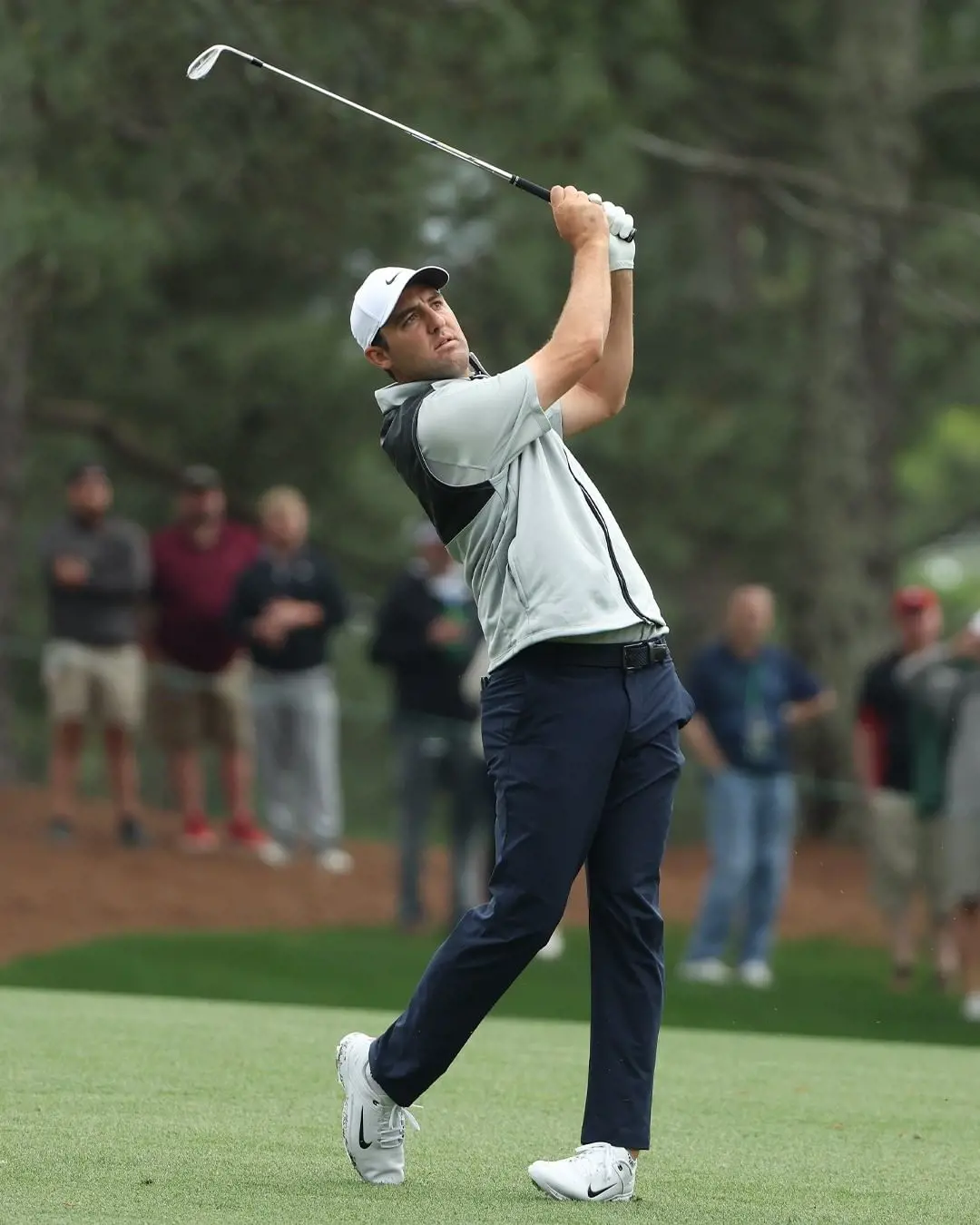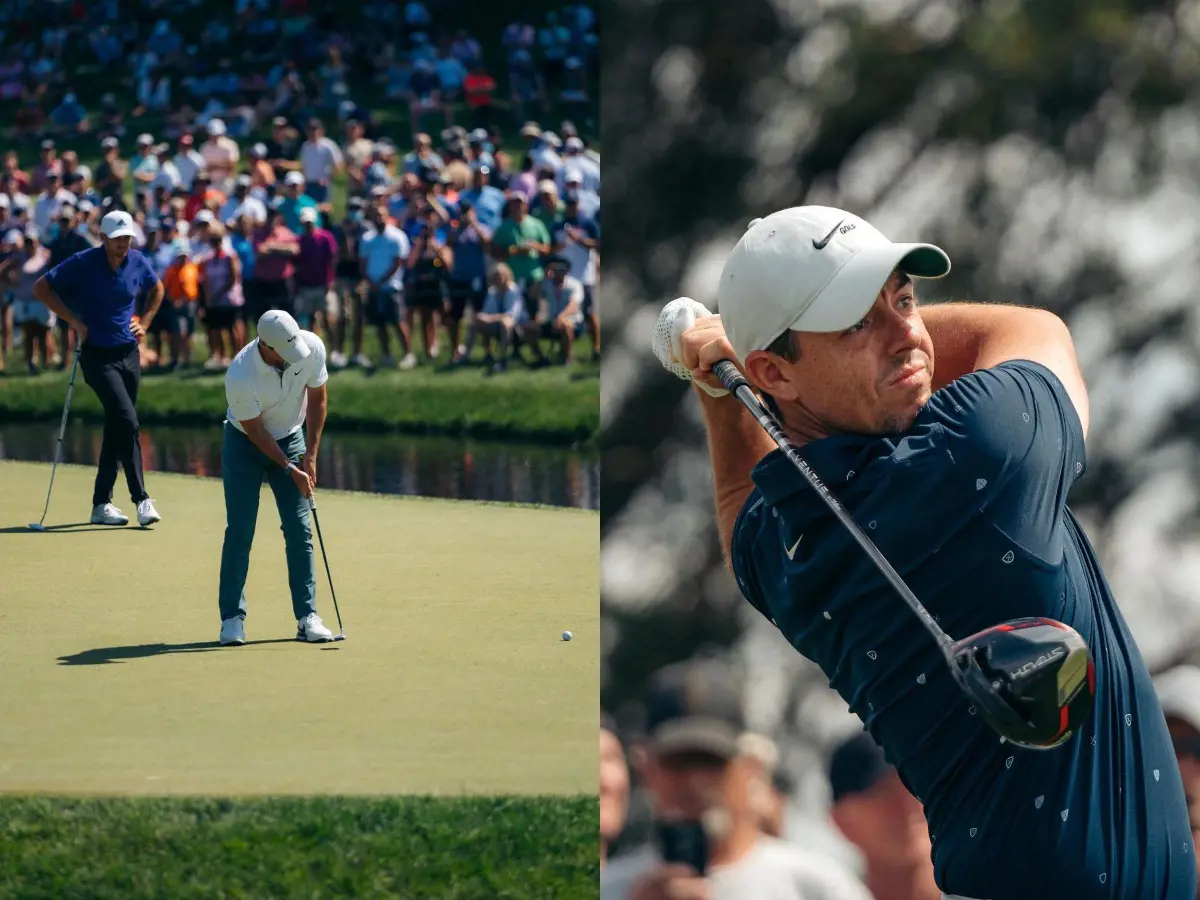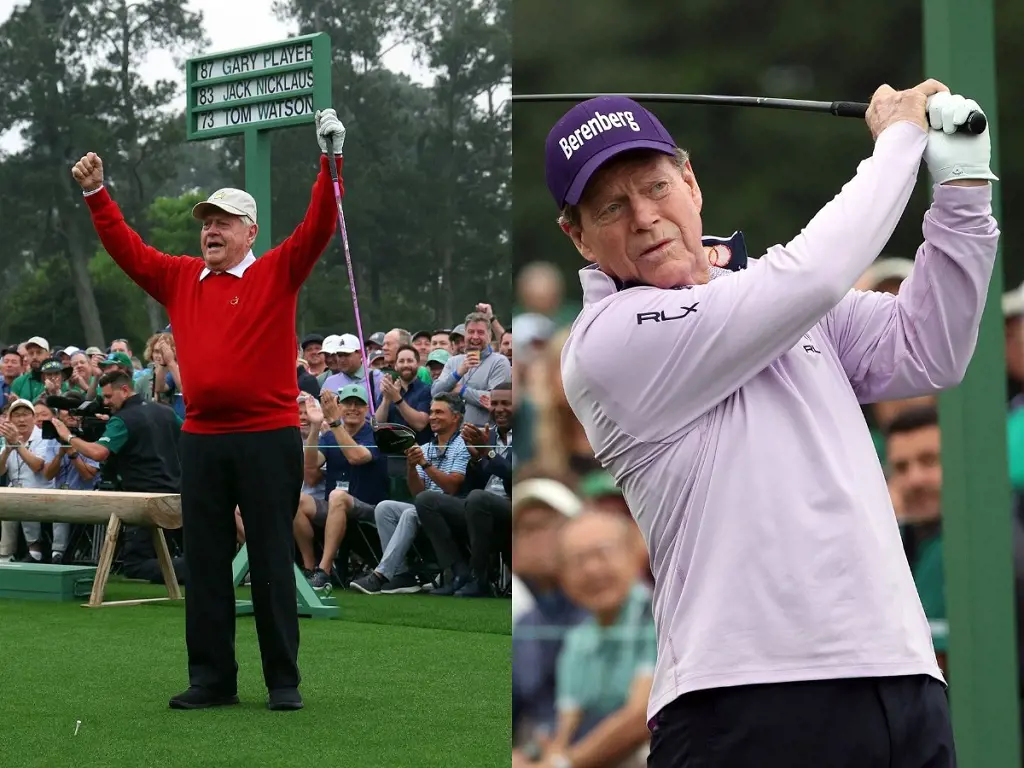Birdies Or Better Matchup means a bet in golf where two golfers are pitted against each other. It is scored when the golfer completes the hole in three strokes.
In golf, a birdie is a tally of one stroke under par for an inclined hole, while "better" refers to scores that are two strokes under par or better (for example, an eagle or an albatross).
Therefore, a birdie or better matchup bet is a wager on which of the two golfers will make the most birdies or better during the competition.
Likewise, golfers who consistently make birdies tend to be ranked higher in tournaments and can earn significant prize money.
Golfers often focus on making birdies or better to improve their overall score and chances of winning a tournament. They may adjust their strategy depending on the course layout and competitors' strengths and weaknesses.
Some golfers, such as Nike-sponsored golfer Tiger Woods and Phil Mickelson, are known for consistently making birdies and are often favored in this type of bet.
Birdies Or Better Matchup Meaning
Birdies or Better Matchup meaning in golf is betting where a stake is set on golfers with the most birdies or better. It is fixed over a round or the entire match.
The bettor predicts which golfer will score better based on the number of birdies or better they make.
Well, this type of matchup allows bettors to focus on a specific aspect of a golfer's performance rather than predicting the outright winner of the tournament.

The odds for Birdies or Better Matchup bets are based on the individual golfer's performance rather than team statistics or performance.
On the other hand, the birdie or better conversion percent is a statistic in golf that measures a player's ability to complete a hole in one stroke fewer than par or better.
It is measured by dividing the number of birdies and eagles a player makes by the number of holes they play and multiplying by 100 to get a percentage.
What Is A Birdie?
A birdie is a score of one stroke under par for a given hole in golf. Par is the number of strokes a master golfer must take to complete a hole based on length.
For instance, at the Masters 2023, Augusta National Golf Club has a par of 72, which means that if a golfer takes 72 strokes to complete the entire course, they have achieved par. The day's highlight was Jon Rahm hitting back-to-back birdies in the second round.
If a golfer takes fewer than 72 strokes, they have achieved a score below par, a positive result in golf.
Let's say a golfer is playing the 10th hole, a par-4 hole. The golfer hits his tee shot down the fairway and then hits his approach shot to the green, where the ball lands within two feet of the hole.

They then sink their putt, taking only three strokes to complete the hole. Since the par for the hole was 4, the golfer's score of 3 is one stroke under par and is therefore considered a birdie.
According to betting.net, Birdies are deemed a desirable outcome in golf because they signify that a golfer is playing well and making better shots than expected.
A golfer who makes multiple birdies in a round will likely be in contention for the lead and may have a good chance of winning the tournament.
Origin Of The Term Birdie
The origin of the term "birdie" in golf is unclear, but some theories exist.
One popular theory is that the term comes from the late 19th-century American slang "bird," which meant something impressive or excellent, per The Sun.
According to this theory, when a golfer hits a great shot, someone might exclaim, "That was a bird!" The term gradually evolved into "birdie" to refer to a score one stroke under par.

Another theory is that the term comes from the early 20th-century British slang "bird," which meant a good or desirable thing.
According to this theory, golfers might say they had made a "bird of a shot" when they hit a great shot, and the term gradually evolved into "birdie" to refer specifically to a score one stroke under par.
Better Matchup In PGA Is Different To Other Sports
Better Matchup in PGA golf betting differs from other sports matchups, such as football, basketball, or baseball.
It refers to a head-to-head bet on which two golfers will score better over a specific round or tournament.
The scores are usually confined by the number of strokes a golfer takes to complete a hole, with the golfer who takes the fewest strokes being the winner of that hole, per Forbes.
In contrast, head-to-head matchups in other sports typically focus on which team or player will win the game or match. The outcome of these matchups can be determined by points, runs, or goals scored rather than the number of strokes taken.

Moreover, in golf, betting odds for a better matchup are specified based on the individual golfer's performance rather than team statistics or performance.
Besides, in team sports, head-to-head matchups are determined based on team performance statistics and other variables such as weather conditions, injuries, and other factors that may affect the team's performance.
Matchup Betting In Golf
Regarding golf, matchup betting can provide familiarity for beginners since the odds are similar to those in other sports.
As stated in pgatour.com, in this type of wager, two or three players are pitted against each other, and their scores are compared either over a single round or the entire tournament.
For exemplify, Tiger Woods is one of the favorites to win the Masters 2023, and a bettor wants to place a wager on him to win the tournament outright. The bettor could place an "outright winner" bet on Tiger Woods to win the Masters, with odds of 8/1.
Whereas, if the wagerer is not as certain of Woods winning the tournament outright but still thinks he will perform well, they may place a "top finisher" bet on him to finish in the top five or ten.
This bet may be less likely than outright winner bets, but the bettor has a fairer chance of winning their wager.
Ultimately, a head-to-head matchup bet could be placed on Woods against other top golfers, such as Rory McIlroy or Collin Morikawa to predict who will score better over a specific round or tournament.










